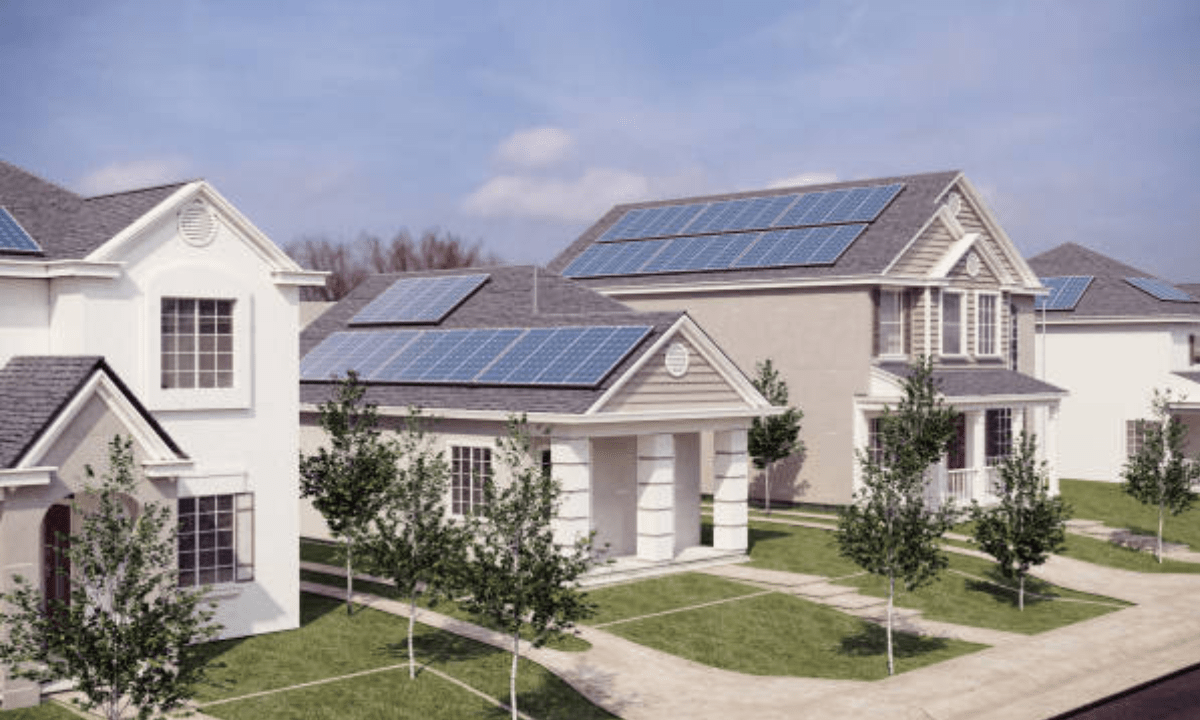The conversation around solar energy usually focuses on cost savings, sustainability, and energy independence. However, there’s another powerful benefit that often goes unnoticed — the positive impact of solar energy on human health and well-being.
From reducing air pollution to improving mental wellness and community health, solar installations are not just good for the planet — they’re good for people.
1. Cleaner Air, Healthier Lungs
Traditional energy production — especially from coal and oil — releases harmful pollutants such as sulfur dioxide, nitrogen oxides, and particulate matter into the air. These pollutants are linked to respiratory illnesses, heart disease, and even premature deaths.
By contrast, solar power produces clean, renewable energy with zero emissions. Every solar panel installed reduces the need for fossil fuel generation and improves local air quality.
According to the World Health Organization (WHO), nearly 7 million people die each year due to air pollution. If more households and businesses switch to solar, these numbers could drastically decline, leading to healthier communities worldwide.
2. Solar Energy Reduces Water Pollution and Usage
Conventional power plants require huge amounts of water for cooling and steam generation, which can lead to thermal pollution and the depletion of local water resources.
Solar photovoltaic (PV) systems, on the other hand, use little to no water to produce electricity. This helps conserve freshwater supplies — an essential factor for maintaining both human health and ecosystem stability.
Communities that rely heavily on agriculture and face water scarcity, such as in parts of India or Africa, can particularly benefit from widespread solar adoption.
3. Improved Mental Health and Community Well-Being
Clean energy adoption creates psychological and social benefits, too. Studies suggest that people living in areas with cleaner air and less environmental stress enjoy:
• Lower anxiety and depression rates
• Better overall mental well-being
• Greater community pride and cooperation
Solar neighborhoods — where multiple homes or buildings share solar systems — foster a sense of community purpose and empowerment, as people collectively contribute to a greener planet.
Moreover, installing solar panels can give homeowners a sense of control over their energy bills and environmental impact, boosting satisfaction and reducing financial stress.
4. Solar Creates Healthier Work Environments
Commercial and industrial facilities powered by solar often experience improved indoor air quality due to reduced dependency on diesel generators or grid power from fossil fuels.
Clean energy systems also help companies achieve sustainability certifications such as LEED or BREEAM, which encourage healthier workplace designs. A better workplace environment means happier, more productive employees — and lower absenteeism rates.
5. Supporting Public Health Infrastructure
Hospitals, clinics, and rural healthcare centers increasingly turn to solar energy to ensure an uninterrupted power supply — especially in remote or disaster-prone areas.
Solar energy enables:
• Reliable operation of life-saving medical devices
• Proper vaccine refrigeration
• Better lighting and ventilation in medical centers
For instance, in rural India and parts of Africa, solar-powered health centers have dramatically improved patient care and outcomes by providing consistent electricity where the grid is unreliable.
6. Global Health Benefits Through Climate Mitigation
Every solar installation contributes to global climate change mitigation — reducing greenhouse gas emissions that drive extreme weather, food insecurity, and heat-related illnesses.
By replacing fossil fuels, solar energy helps stabilize global temperatures, leading to fewer health emergencies linked to heatwaves, floods, and air quality deterioration.
7. Economic Health = Personal Health
Switching to solar also contributes indirectly to better well-being through financial stability. Lower energy costs allow families to redirect savings toward healthcare, nutrition, and education.
A more stable household budget reduces stress — a major factor affecting physical and mental health. Businesses, too, benefit from energy cost savings that can be reinvested into employee health and safety programs.
Conclusion:
Solar energy is far more than a technological advancement — it’s a public health solution. From improving air and water quality to enhancing mental wellness and supporting healthcare systems, solar power delivers tangible health benefits at every level of society.
By choosing solar, we’re not just powering our homes — we’re powering a healthier, happier, and more sustainable world.




